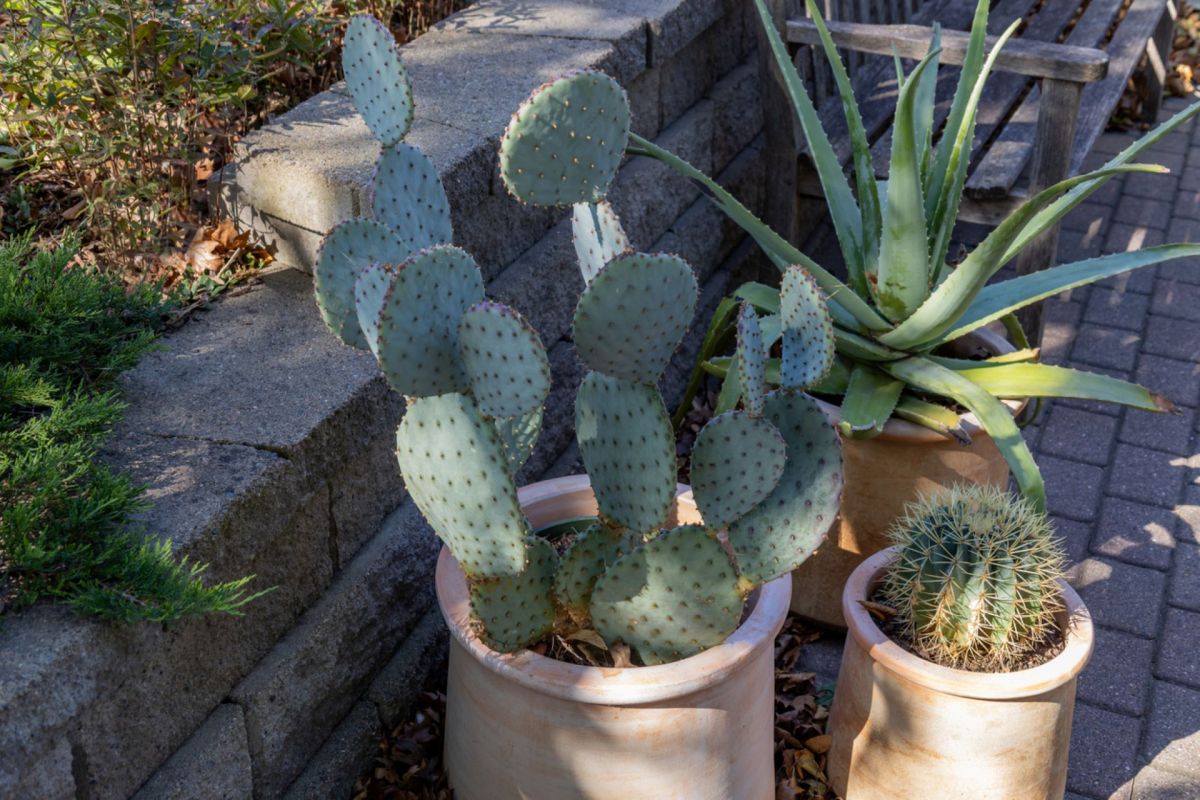A tenant said their beloved garden met a tragic end at the hands of a spray-happy landlord.
"My landlord poisoned my potted cacti," the Redditor wrote in a post on r/legaladvice. "I have several large clay planters, mostly full of cacti. I've had them for years, longer than my current landlord has owned this property. The pots also had mosses, grasses, and herbs growing in them. They're outside my apartment at the base of my steps."
The well-loved plants had been tended with care, but the absentminded landlord put an end to that. "My landlord sprayed herbicides, probably glyphosate, on some 'weeds' around the building perimeter," the poster said. "I don't know if it was intentional or not, but he sprayed my pots too."
While herbicides are commonly called "weed killers," they don't kill just unwanted plants. They destroy many wanted species, including popular garden plants and beneficial native species.
That's what happened to this Redditor's planter garden. "Everything in them is dead," they said. "Lamb's quarters, wheatgrass, purslane, two types of mallow, herb sophia and tansy mustard, all shriveled up yellow and dead over the course of about two days, in exactly the same way that all the sprayed prickly lettuce, kochia, bindweed, and wild grasses around the building died. The cacti haven't died yet but I'm worried they'll just take longer for the poison to show. … Some of these were rare plants that I paid money for or propagated with great care."
It's sadly common for landlords to get in the way when tenants want to make money-saving and eco-friendly lifestyle changes. Something as simple as hanging clothes out to dry or planting a garden can be met with fierce resistance.
"I'm really upset and don't know if there's anything I can do," the poster said.
Commenters recommended starting slowly. "Have a civil conversation with the landlord first to see if they will help," one user wrote. "Tell them the situation, see if they offer anything for compensation."
"If you can't settle it amicably, you can sue the landlord in small claims court for the value of your plants," another Redditor added.
Some landlords and HOAs may be willing to change established policies. See more here.
Join our free newsletter for easy tips to save more, waste less, and help yourself while helping the planet.









